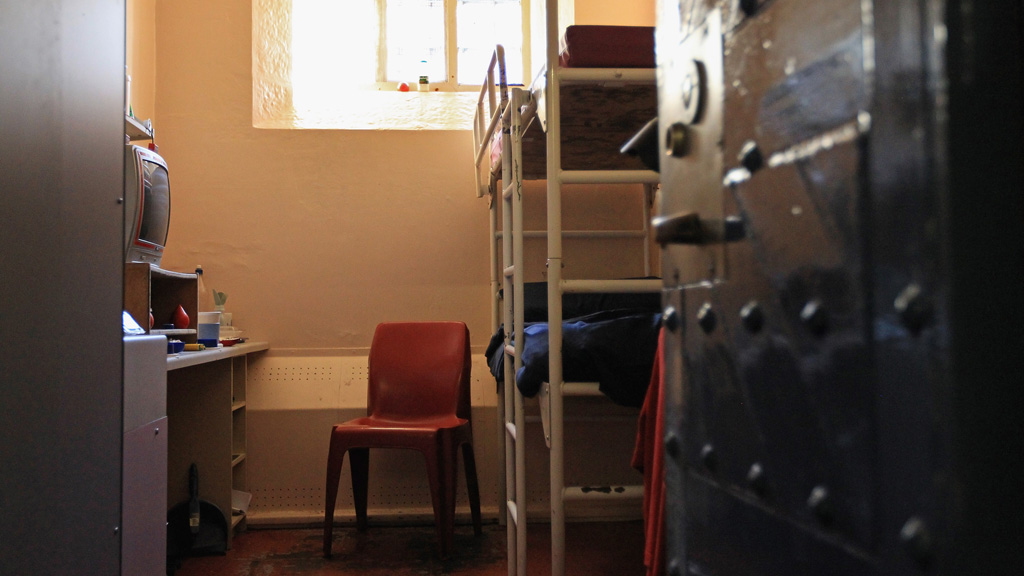Justice secretary urges end to early release for prisoners
Prisoners should only be released before the end of their sentence if they have behaved well, the justice secretary urges, saying he wants an end to the automatic early release system.

Insisting that “putting people behind bars” had reduced crime, Chris Grayling also said that he does not want to cut prison places, and signalled he was prepared to remove certain privileges for prisoners, such as watching Sky TV.
Under a system introduced by the Labour government, most prisoners are automatically released midway through their sentences.
But Mr Grayling, who took up the post of justice secretary in the last cabinet reshuffle, said that he wanted an end to the automatic system.
“What people don’t particularly understand is why sentencing works in the way it does. If you get 10 years, you’re out after five automaticallly,” he told the Daily Telegraph.
“It’s not something that can be changed overnight, there are constraints on the system, there are constraints on prison places.
“Ultimately, I’m attracted by an option that doesn’t simply automatically release you at a certain point, regardless of whether you’ve behaved well or not.”
Rehabilitation revolution?
The stance taken by Mr Grayling, who has previously said that he wants a “rehabiliation revolution” driven by a payment by results system, marks a change from his predecessor, Kenneth Clarke.
Mr Clarke said that too many people were in prison, and also advocated a “rehabilitation revolution” in a bid to keep numbers down. In September, the National Audit Office warned that the number of inmates would remain at record levels for six years, and in August, the Prison Reform Trust said that nearly two-thirds of prisons were overcrowded.
The very reason we saw the introduction of early release is because successive governments allowed the prison population to run out of control. Andrew Neilson, Howard League for Penal Reform
But amid anger from the Tory backbenches, and criticism that he was soft on crime, Mr Clarke was forced to abandon plans to cut the prison population further.
Mr Grayling signalled that he is not prepared to cut prison places, arguing that prison cuts crime.
“Every police force will tell you when a serial burglar is behind bars their local burglary rate goes down,” he said.
Tagging
He also said that he is prepared to consider greater use of electronic tagging. “One of the areas where possibly we’ve got increased scope in the future in monitoring offenders is GPS tagging where new technologies mean actually it’s possible to watch an offender wherever they go.”
Campaigners raised concerns over the justice secretary’s comments. The Howard League for Penal Reform warned that the early release mechanism was introduced because prisons were struggling to cope with an expanding population, and that the system was there to free up places.
Andrew Neilson, director of campaigns, told Channel 4 News: “He’s saying that he would rather see a system that was more dependent on good behaviour for early release.
“But the very reason we saw the introduction of early release is because successive governments allowed the prison population to run out of control.
“As long as we are sending as many people to prison, then we are forced to have these kinds of systems in place to make places available and that will continue as budgets continue to shrink.”
John Hirst, a former prisoner who was jailed after he was convicted of manslaughter in 1980 and has launched legal action against the government over the ban on preventing prisoners from voting, said that behaviour is already taken into account when deciding whether to end a sentence early.
“That tends to be the position, anyway,” he told Channel 4 News. “It’s certainly a factor. It’s all very well saying that prisoners should be of good behaviour, but prison authorities should also abide by the law.”